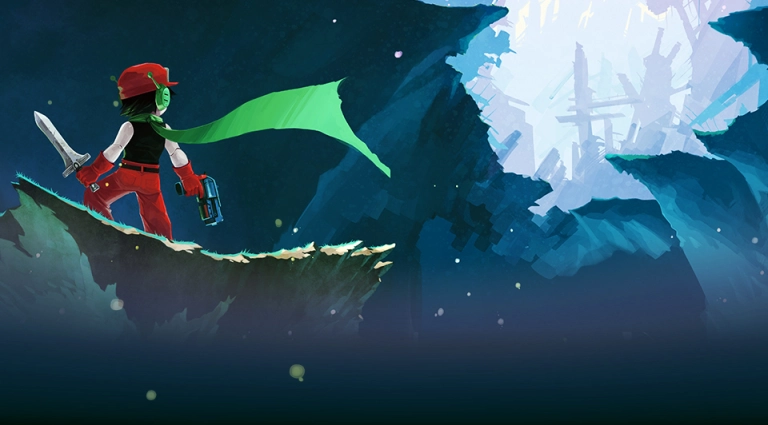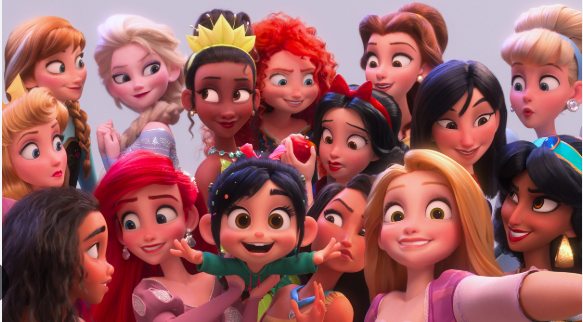I wouldn’t be surprised if you hadn’t heard of Cave Story. It’s a small game from 2004 that, despite being considered the grandfather of all indie games, flies under the radar of many folks. Even more obscure than Cave Story itself is the message and commentary hidden within the folds of the deep and sometimes tragic story. While Cave Story on the surface is a game about a robot on a floating island with amnesia taking down the villainous Doctor, saving the world, there is a deep, underlying theme about the nature of war and the inevitable victims of it. More noteworthy is how these themes have aged as time goes on, and how scarily they fit a specific conflict happening in our world now nearly two decades later.
A theme present throughout Cave Story is warfare, and the toll it takes on everyone. On the floating island is an artifact known as the Demon Crown, which infinitely regenerates and will bestow upon the wearer extreme magical power. War is constantly fought over this artifact, and what suffers most is not the combatants, but the island itself. The island is littered with the remains of robots used in the war, the creatures who live there are scattered and few in numbers (with some even sporting biological modifications to show their weaponization), and the Mimiga, the main inhabitants, reminisce about how the greatest of their people, Arthur, was taken from them by war.
Notable to point out is that the Mimiga are an innocent and peaceful group– only two of their kind are ever confirmed to have been fighters, being the late Arthur and King. They are, for the most part, not combatants, they are caught in the crossfire of a far greater conflict, one they don’t want to participate in and one from which they have nothing to gain and everything to lose. Furthermore, as you play Cave Story, the only two guaranteed deaths on the player’s side are King and Toroko, two Mimiga who, again, were only on the island by circumstance. Everyone else, everyone who can be saved, was on the island by their own choice and volition with a full understanding of the risks that would come with it, and yet they do not suffer the ultimate, inevitable price for it.
This cruel impact of war affecting an uninvolved group is reflected in a real life conflict today, being the Palestinian genocide in Gaza. Thousands of Palestinians are dying or living in hellish conditions. From the moment the Israel-Hamas conflict reached a fever pitch in October 2023 to now in May of 2024, the Palestinian people are the ones who suffer the most from the war, not Israel or Hamas. They had no say in the conflict, no desire for involvement, and yet they are the ones to suffer from unpunished war crimes and genocide. The Palestinians are to this conflict what the Mimiga were to the war on the island.
Cave Story, at the end of the day, is a story about war. About those who suffer due to the actions and conflicts of others who want power. It comments on how innocent lives are the ones most at stake by war, and how those with no involvement can be dragged in against their will. And now, almost 20 years later, this game and its themes are perhaps the most relevant they have ever been.












